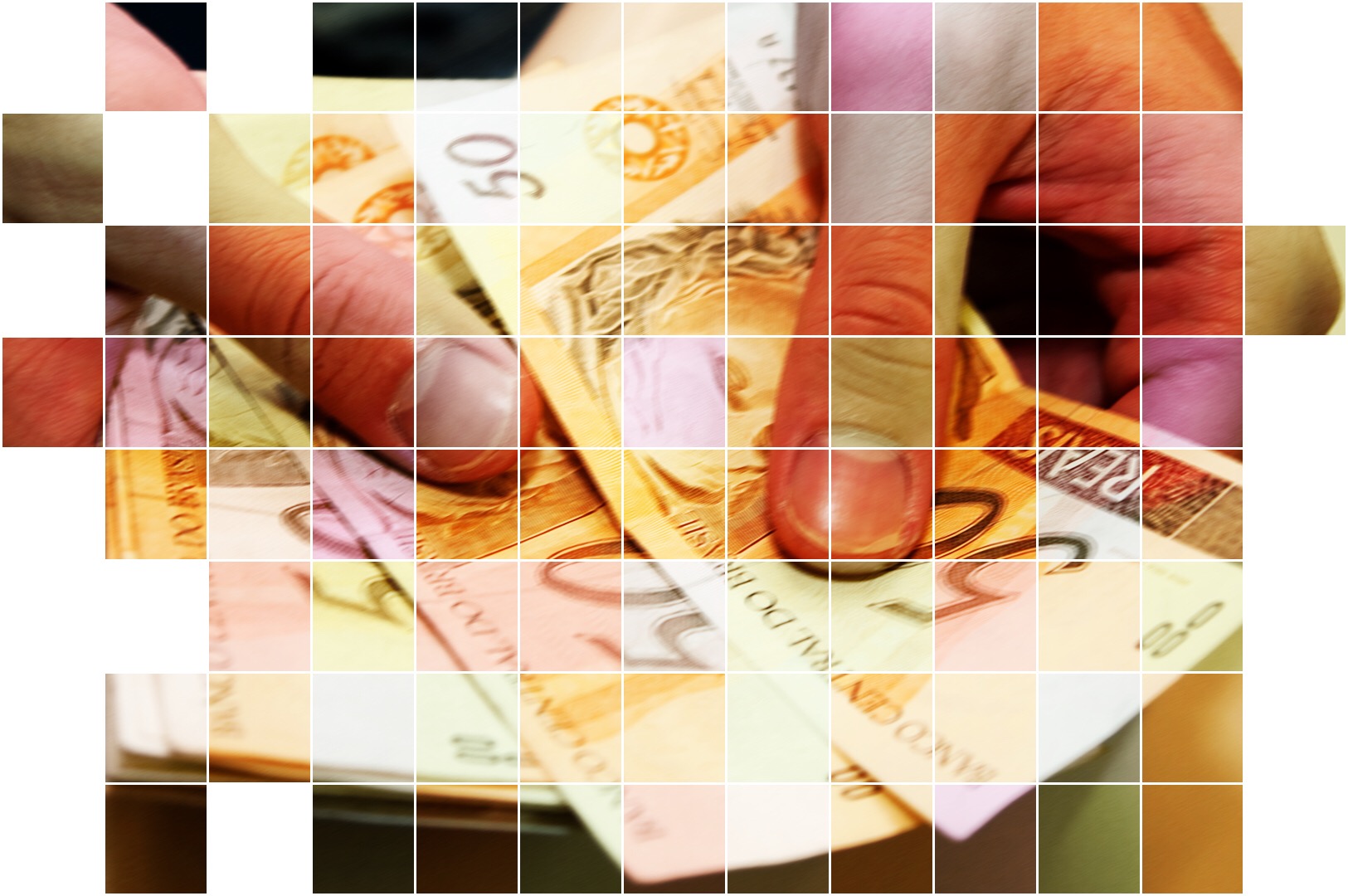In an article published in Correio Braziliense, ETCO's president talks about the harmful effects of the heavy tax burden

The shot in the tributary foot
Article published in the Correio Braziliense newspaper on 07/03/2017

Article published in the Correio Braziliense newspaper on 07/03/2017
